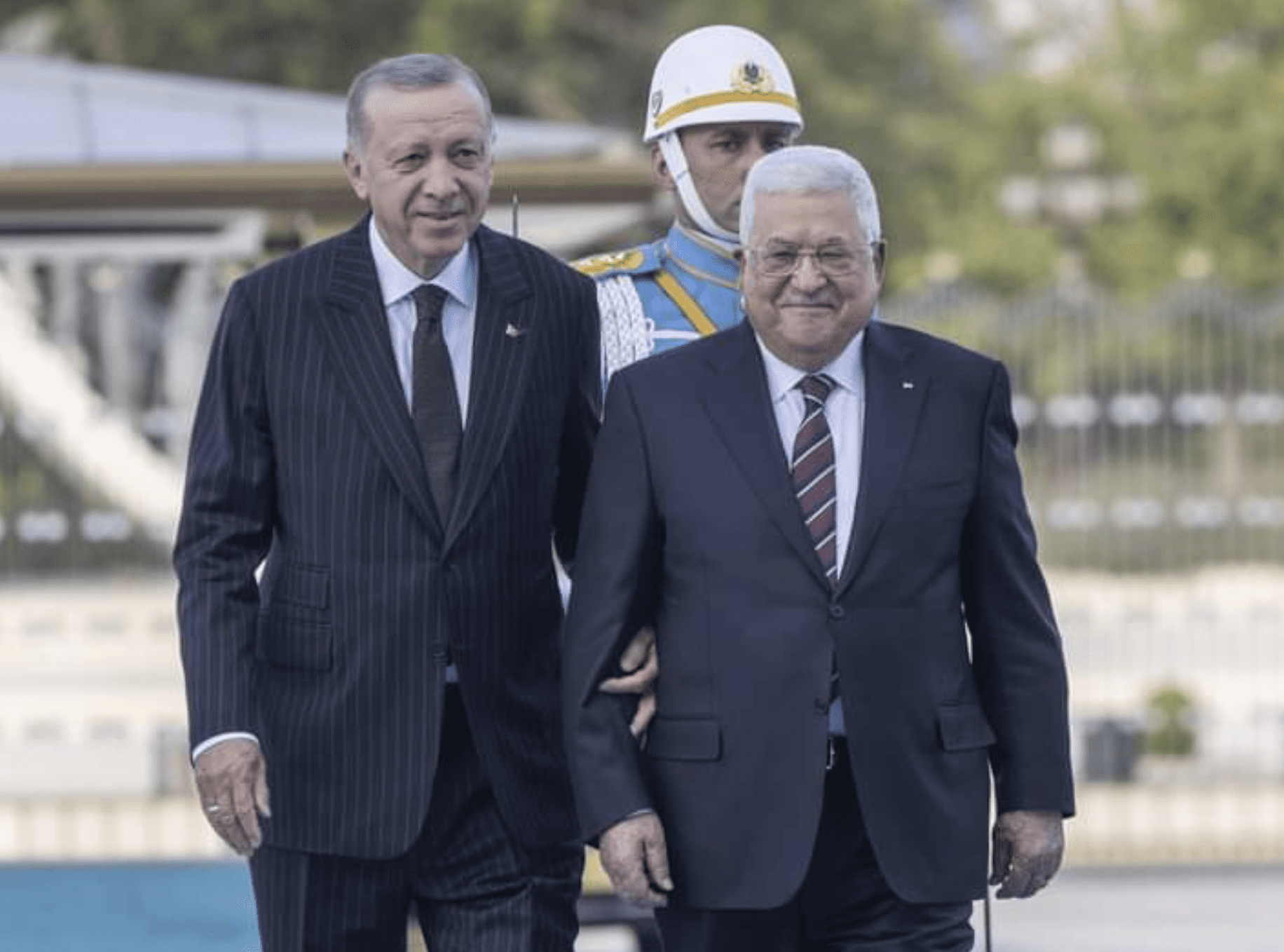
President Erdogan has hosted Palestinian head of state Mahmoud Abbas in Ankara, in which context he has stated that his country’s support for Palestine will not be diminished on account of Turkey’s recent normalization of relations with Israel.
During a press conference, the Turkish President insisted that these two policy orientations are not only compatible, but complimentary:
On the contrary, our Palestinian brothers also express that these steps will contribute to the solution of the Palestinian issue and the improvement of the situation of the Palestinian people.
He also reiterated his country’s commitment to a two-state solution.
Turkey’s renewed ties with Israel are partly a response to its need to guarantee the construction of a natural gas pipeline that would pass from the Levantine state to Anatolia and supply Europe. Alternative arrangements are possible, however, making the Turkish position tenuous.
It may also be a consequence of Erdogan’s fledgling bid for hegemony in the Islamic Mediterranean, forcing him to retreat into a more traditional Turkish alignment with U.S. interests (and therefore with U.S.-ally, Israel). Given its opposition to Syrian President al-Assad, Turkey has never really been at odds with—at least short-term—U.S. projections in the region, although this is now in question, with Erdogan recently expressing the desire to reach an understanding with Damascus.
To the degree that Turkey maintains support for Palestine, while attempting to forge ties with Russia and Syria, while drawing closer to Israel, Erdogan’s geostrategic outlook remains independent and cannot be collapsed into great power rivalries.
